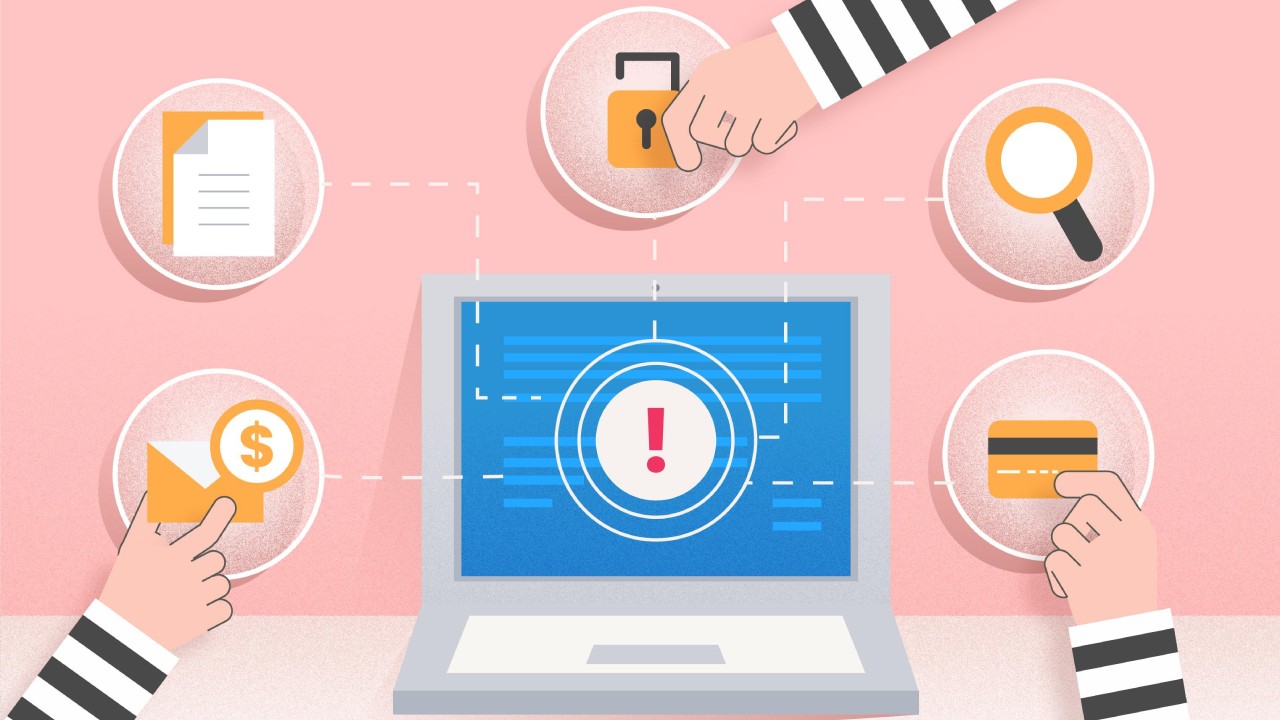In today’s digital age, where the internet has become an integral part of our lives, the risk of falling victim to phishing and online scams is ever-present. These malicious activities can lead to identity theft, financial losses, and other serious consequences. In this article, we will explore essential tips to help you stay safe and protect yourself from phishing and online scams effectively.
What is Phishing and Online Scams
Phishing is a deceptive technique used by cybercriminals to trick individuals into providing sensitive information, such as usernames, passwords, and credit card details. They typically accomplish this through fraudulent emails, messages, or websites that appear to be legitimate.
The Importance of Online Safety
Online safety is paramount in today’s digital world. With the increasing sophistication of cyber threats, it’s crucial to be vigilant and proactive in safeguarding our personal and financial information.
Recognizing Phishing Attempts
Identifying Suspicious Emails
Phishing emails often display certain red flags that can help you identify them. Look out for misspellings, generic greetings, urgent demands, and suspicious links or attachments.
Spotting Fake Websites
Scammers may create fake websites that imitate legitimate ones. Always check the website’s URL, look for HTTPS encryption, and verify the website’s legitimacy before entering any personal information.
Common Types of Online Scams
Lottery Scams
Lottery scams lure victims by falsely claiming they have won a large sum of money. Remember, if you haven’t participated in any lottery, you cannot win it.
Romance Scams
Romance scams exploit emotions to defraud individuals seeking companionship online. Be cautious of individuals who ask for money or personal information under the guise of a romantic interest.
Tech Support Scams
Tech support scammers pretend to be from reputable companies and claim that your computer has issues that they can fix. Legitimate companies won’t contact you unsolicited for tech support.
Investment Scams
Investment scams promise high returns with low risks. Always research before investing, and be wary of unsolicited investment opportunities.
Top Tips to Stay Safe from Phishing and Online Scams
Keep Your Software Updated
Regularly update your operating system, web browsers, and antivirus software to patch security vulnerabilities.
Use Strong and Unique Passwords
Create strong passwords for all your accounts and avoid using the same password across multiple platforms.
Enable Two-Factor Authentication (2FA)
2FA adds an extra layer of security by requiring an additional verification step, such as a code sent to your phone.
Be Cautious with Links and Attachments
Avoid clicking on links or downloading attachments from unknown sources.
Educate Yourself and Others
Stay informed about the latest scams and share this knowledge with family and friends to create a safer online community.
Protecting Personal Information
Avoid Sharing Sensitive Information
Never share personal information like social security numbers or financial details unless you trust the recipient.
Be Careful with Social Media Sharing
Limit the amount of personal information you share on social media, as scammers can use it to target you.
Secure Online Shopping
Shop from Trusted Websites
Purchase products only from reputable websites with secure payment gateways.
Use Secure Payment Methods
Opt for credit cards or trusted payment platforms that offer buyer protection.
Reporting Phishing and Scams
Reporting to the Appropriate Authorities
Report phishing attempts and scams to the relevant government agencies or cybercrime units.
Reporting to the Platform or Website
Notify the platform or website hosting the scam to prevent further victimization.
The Role of Cybersecurity Software
Antivirus and Anti-Malware Programs
Install reputable antivirus and anti-malware software to protect your devices from various threats.
Phishing Protection Tools
Consider using browser extensions or software that can detect and block phishing attempts.
Phishing and Scams on Social Media
Be Wary of Suspicious Accounts
Avoid engaging with suspicious social media accounts, especially those requesting personal information.
Verify Requests for Personal Information
Double-check with known contacts if they ask for sensitive information via social media.
Creating a Culture of Online Safety
Educating Employees and Family Members
Promote online safety at workplaces and home by educating everyone about phishing and online scams.
FAQs
The first step is to be vigilant about suspicious emails and avoid clicking on any links or attachments in them.
It’s best to limit the amount of personal information you share on social media platforms to avoid potential risks.
Not all high-return investment opportunities are scams, but it’s crucial to thoroughly research before investing.
If you suspect a phishing attempt, report it to the appropriate authorities and the platform where it originated.
Enable two-factor authentication (2FA) for an extra layer of security and use strong, unique passwords for each account.
Conclusion
In conclusion, staying safe from phishing and online scams is essential in today’s digital landscape. By recognizing phishing attempts, protecting personal information, securing online shopping, and being cautious on social media, you can significantly reduce your risk of falling victim to cybercriminals. Embracing cybersecurity software and creating an informed community will further strengthen your defense against online threats.

